Beautiful Day
Beautiful Day
"CO₂"
Couldn't load pickup availability

Our Solutions

Biochar
Biochar starts as biomass – plant matter, old wood, agricultural waste – that is pyrolyzed, or heated to high temperatures without oxygen. The result is a solid chunk of carbon that no longer releases CO₂ back into the atmosphere. Biochar is an example of a CDR method that comes with an end product that can be used for many things including as a soil amendment, to build roads, water filtration, and so much more. Our biochar removals are supplied by Planboo.
Bio-oil
Bio-oil starts off as biomass and undergoes fast pyrolysis. This results in something similar to crude oil, but with less viability as a fuel. Since it has a density similar to crude oil, it can be injected into wells left empty by the oil and gas industry without risk of leaking back out into the atmosphere. It’s basically a way of putting oil back where it came from. Our bio-oil removals are supplied by Charm Industrial.
Concrete Mineralization
Direct Air Capture
Enhanced Rock Weathering
Weathering refers to the natural process whereby CO₂ comes into contact with water and alkaline minerals. The chemical reactions that then take place result in stable carbonate minerals that essentially trap the carbon. The enhanced part means that humans step in to make this happen on a faster time scale. One approach uses abundant, naturally reactive silicate rock, grinding it and letting it react with water.
Reforestation
Seaweed Sinking
Seaweed can absorb carbon faster than forests and grows in the ocean without the need for freshwater or additional nutrients. Sargassum seaweed, an invasive species, is used for carbon dioxide removal while providing the co-benefit of cleaner coastlines and healthier ocean ecosystems. Our Seaweed Sinking removals are supplied by SeaGen.
Soil Sequestration
Soils can hold more carbon than the atmosphere, and healthy soils are full of carbon. Regenerative agricultural practices, such as no-till or cover crops, restore carbon-depleted soils and improve fertility. Soil carbon sequestration is a great example of how low cost, simple changes can have a big impact on the climate, as well as improve agricultural ecosystems and the sustainability of our food supply.

